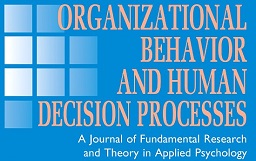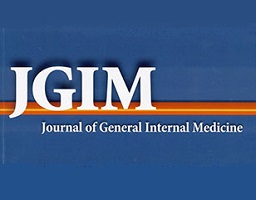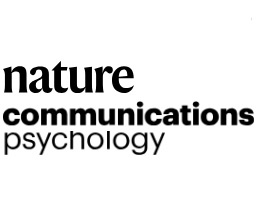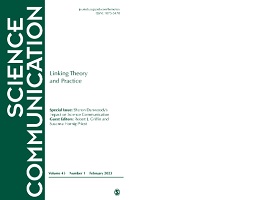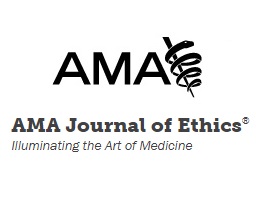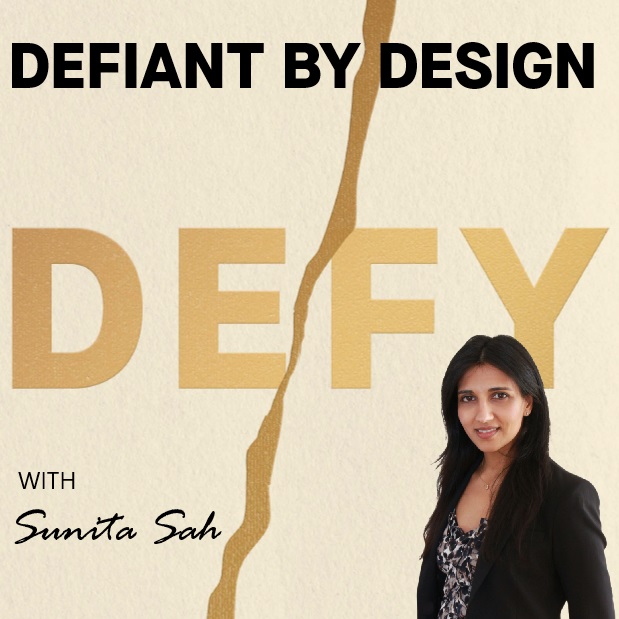Abstract
Disclosure—informing advice recipients of the potential bias of an advisor—is a popular tool to manage conflicts of interest. However, conflict of interest disclosures usually compete with a host of other information that is important, relevant or interesting to the advisee. Across one field study and five experiments, we examine the effect of conflict of interest disclosures in a realistic and context-rich setting (online blogs) in which the disclosure is short, clear and conspicuous (as desired by many regulatory bodies) but embedded in the context of other competing information. Our findings show that, in contrast to much of the prior research on conflict of interest disclosures, recipients who read a blog post containing a conflict of interest disclosure report increased trust in the blogger and evaluate the blogger, the blogger’s recommendation, and the sponsoring organization more favorably than recipients who read a post with no disclosure. The effect is driven by disclosure acting as a heuristic cue to infer greater trust in the blogger’s expertise and consequently greater persuasion. The inference of greater expertise and its effect on persuasion are mitigated when recipients deliberate on the disclosure. We discuss implications of these findings for organizations, advisors, consumers and policy makers.
